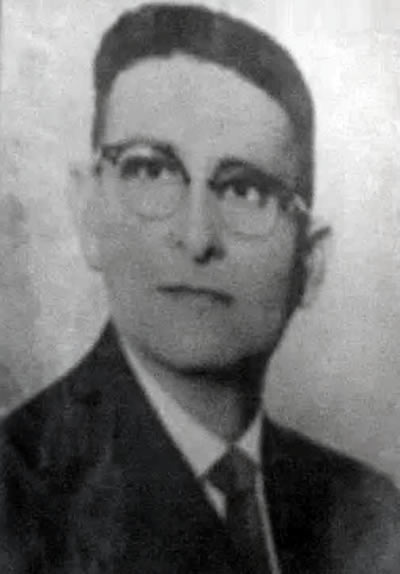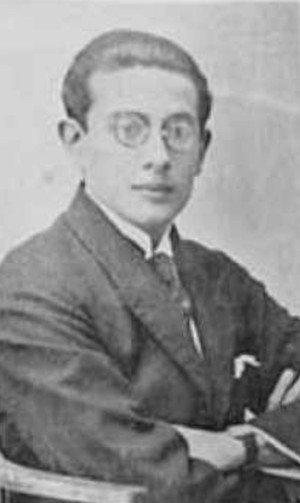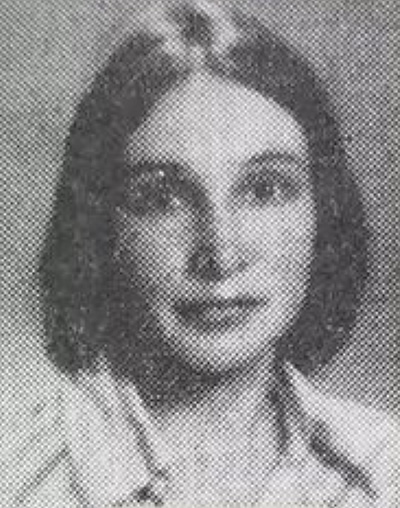Luis E. Falconí Hidalgo (Guaranda, July 14, 1910 – September 1, 1989) was an Ecuadorian writer and poet known for his contributions to indigenista literature and his dedication to promoting culture in Bolívar Province. Educated in Guaranda and Quito, Falconí published novels such as Así Nació el Día (1958), a work rooted in Ecuadorian landscapes and indigenous themes, and La Casa Encantada (1981), which explores local legends. He also wrote children’s poetry, winning national recognition in 1980. His work was supported by institutions like the Casa de la Cultura Ecuatoriana, cementing his legacy in Ecuadorian literature.
Early Life and Education
Luis E. Falconí Hidalgo was born in Guaranda, Bolívar Province, Ecuador, on July 14, 1910. His early education took place at the “Nicanor Larrea” School in Riobamba, followed by attendance at the Christian Brothers School in Riobamba and later at the “Simón Bolívar” School in Guaranda. He continued his studies at the “Juan Montalvo” Normal Institute in Quito, where he completed two years before finishing his secondary education at the “Pedro Carbo” National School in Guaranda. There, under the guidance of eminent teachers such as Dr. Alfredo Noboa and José H. González, Falconí earned his Bachillerato in Philosophy and Letters in 1931.
Literary Career
From a young age, Falconí was passionate about literature and frequently read works from well-known authors such as Julio Verne, Emilio Salgari, and Alejandro Dumas. His writing career began in 1934 when he contributed a poem titled “Sangre en las lomas” to a special edition of the Miscelánea magazine, celebrating the 50th anniversary of Bolívar Province. Over the years, he continued contributing to various local and national publications, including Riscos, Juventudes, Realidad Bolivarense, Páginas Culturales, and Altiplano. He also wrote for the literary sections of major Ecuadorian newspapers, such as La Nación of Guayaquil and El Comercio of Quito.
In 1958, Falconí’s first novel, Así Nació el Día, was published by the Casa de la Cultura Ecuatoriana “Benjamín Carrión.” This novel, which is considered part of Ecuador’s indigenista literary movement, was set in his local environment, portraying local characters and landscapes. Although the novel was not widely distributed, its literary merits were recognized by the acclaimed novelist Demetrio Aguilera Malta.
Falconí continued to write throughout his life, with his novella La Casa Encantada being published in 1981. Set in Guaranda, this work weaves local legends into poetic prose, capturing the essence of the region’s past. In 1990, his novel El Funeral de la Risa, which evokes his experiences as a student, was published with support from the Universidad Estatal de Bolívar.
In addition to his novels, Falconí wrote poetry. His collection of children’s poetry, Trinos del Alba, was published in 1995. His 1997 poetry book Rondadores de la Niebla was brought to print thanks to the efforts of Teresita León de Noboa and the Casa de la Cultura Ecuatoriana.
Personal Life
Luis E. Falconí was an avid reader of Ecuadorian literature, particularly admiring the works of Demetrio Aguilera Malta, Jorge Icaza, and Jorge Carrera Andrade. He immersed himself in works by both Ecuadorian and international authors, ensuring that his knowledge of literature was broad and diverse.
Recognitions and Accolades
In 1980, Falconí won second prize in the National Children’s Poetry Contest, organized by the Ministry of Education and Culture of Ecuador. In 1997, the Ministry of Labor and Human Resources and the Society of Ecuadorian Authors and Composers honored him with a National Recognition Award for his contributions to Ecuadorian culture.
Legacy
Although not widely known outside of literary circles, Luis E. Falconí Hidalgo’s works, particularly Así Nació el Día, have been recognized as important contributions to Ecuadorian indigenista literature. His dedication to fostering a sense of cultural identity in Bolívar Province and his lifelong commitment to literature and education have made him a respected figure in Ecuador’s literary history.
Falconí passed away on September 1, 1989, leaving behind a rich literary legacy that continues to be appreciated by readers in Ecuador.
References
- Falconí Velasco, L. E. (2020). “Luis E. Falconí H.” Casa de la Cultura Ecuatoriana. Retrieved on September 23, 2024.


